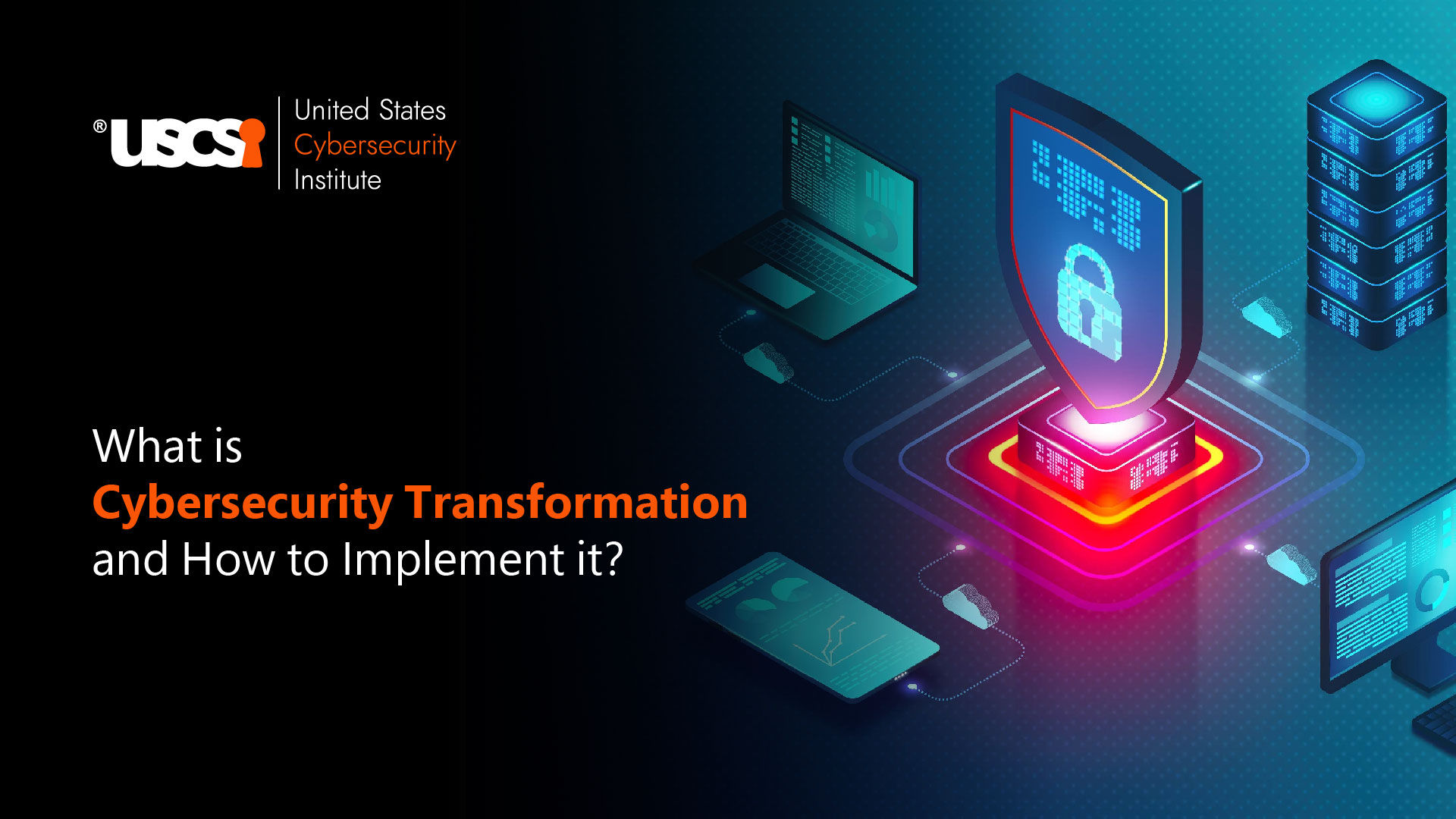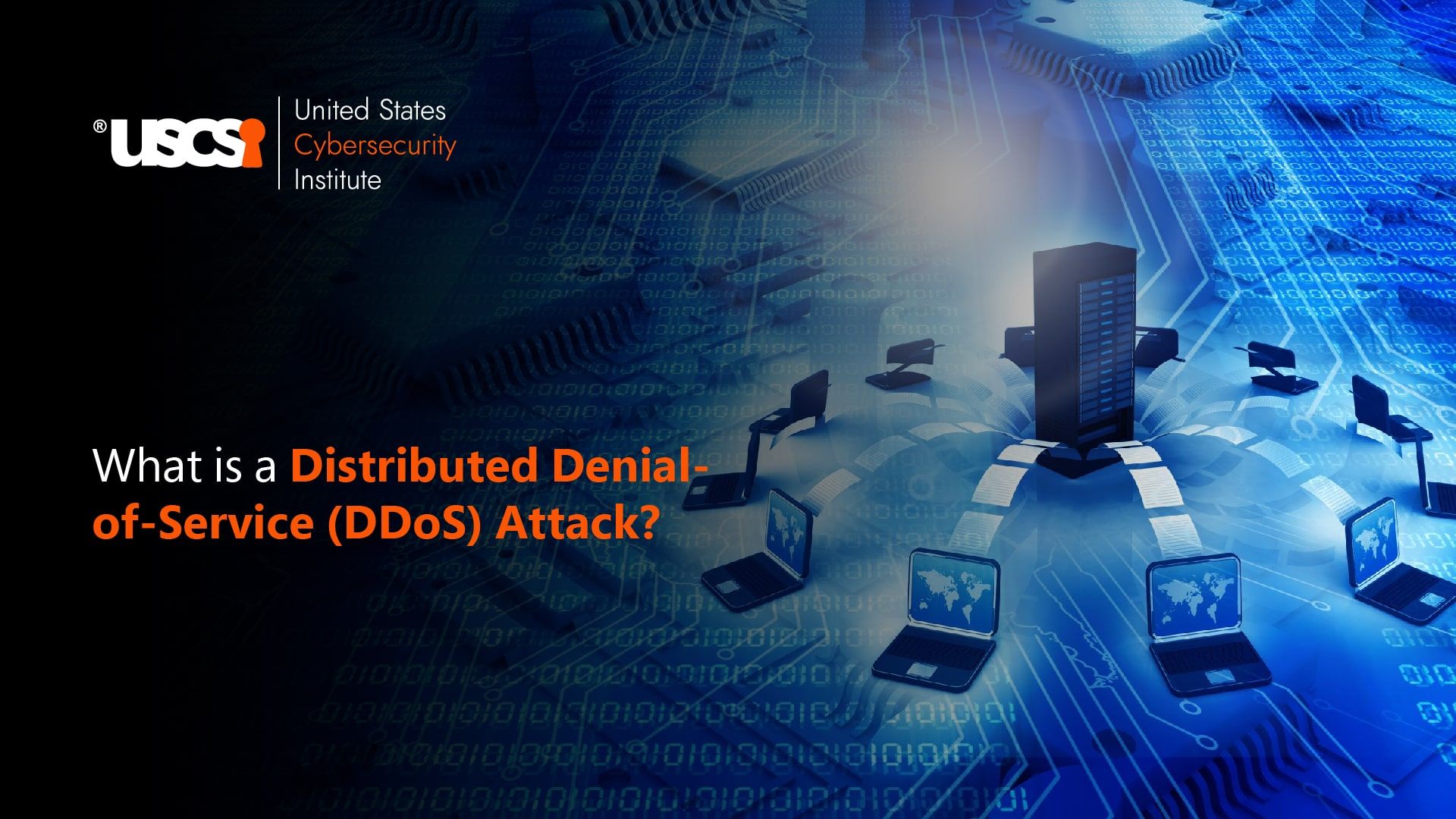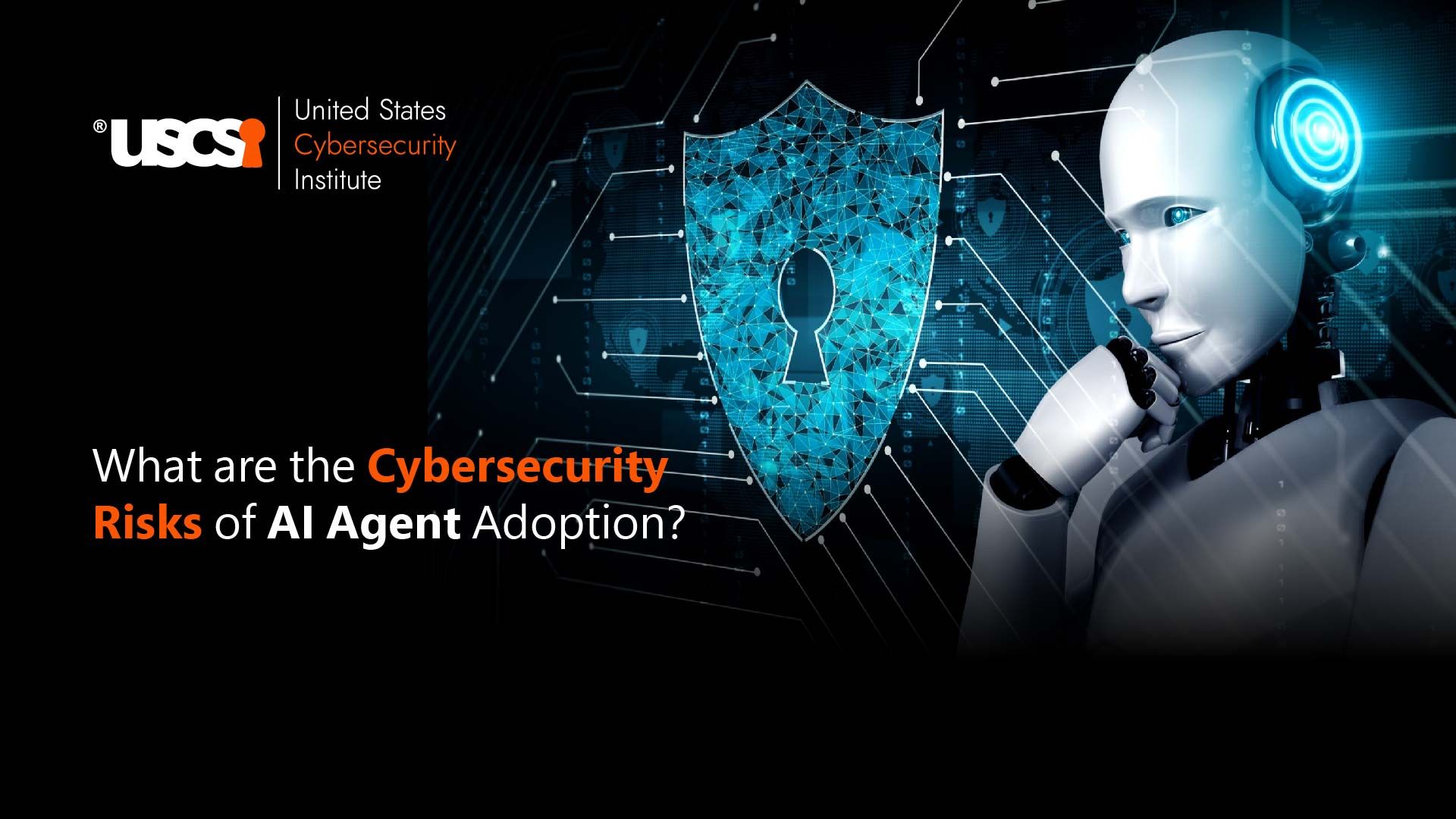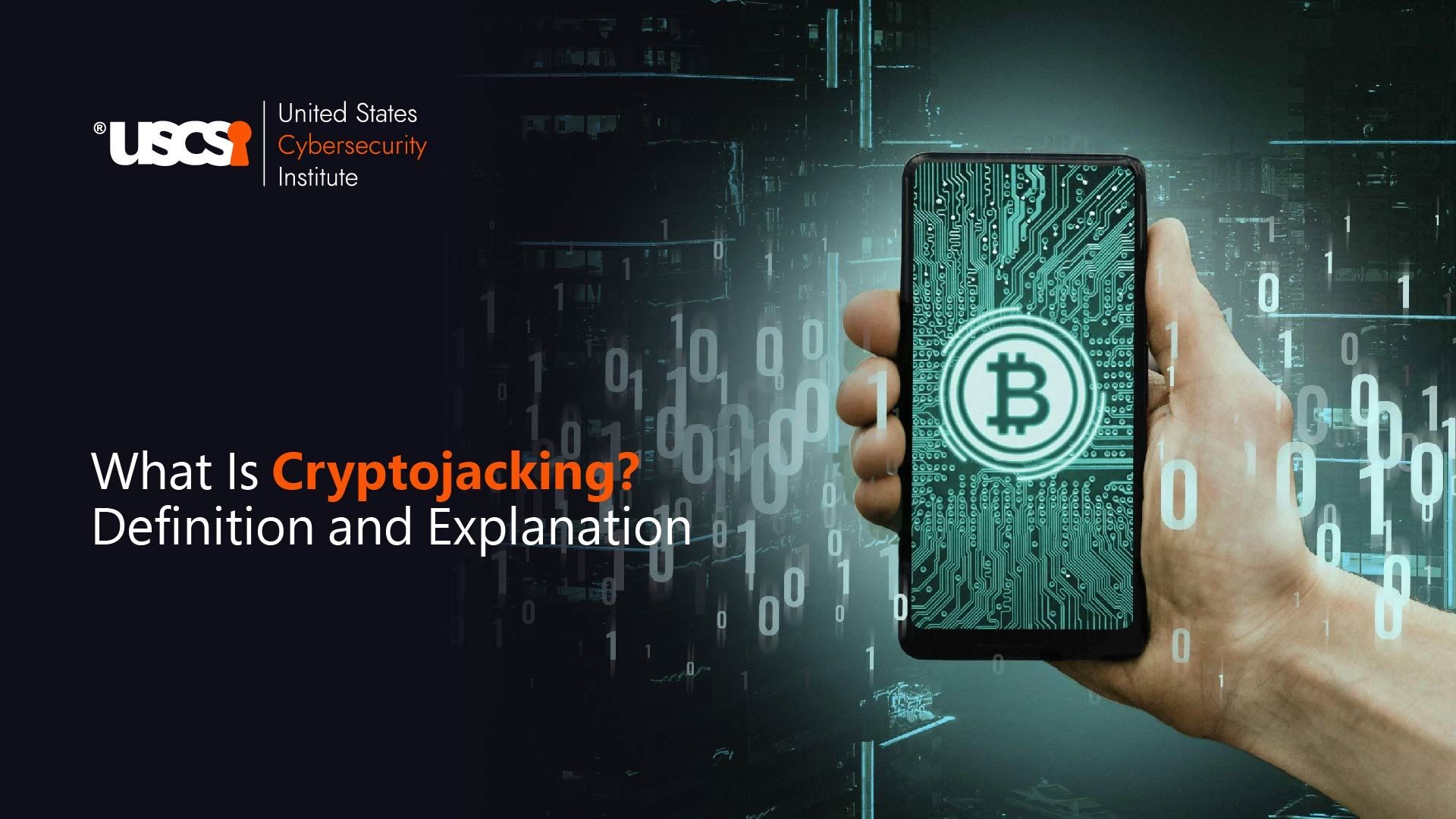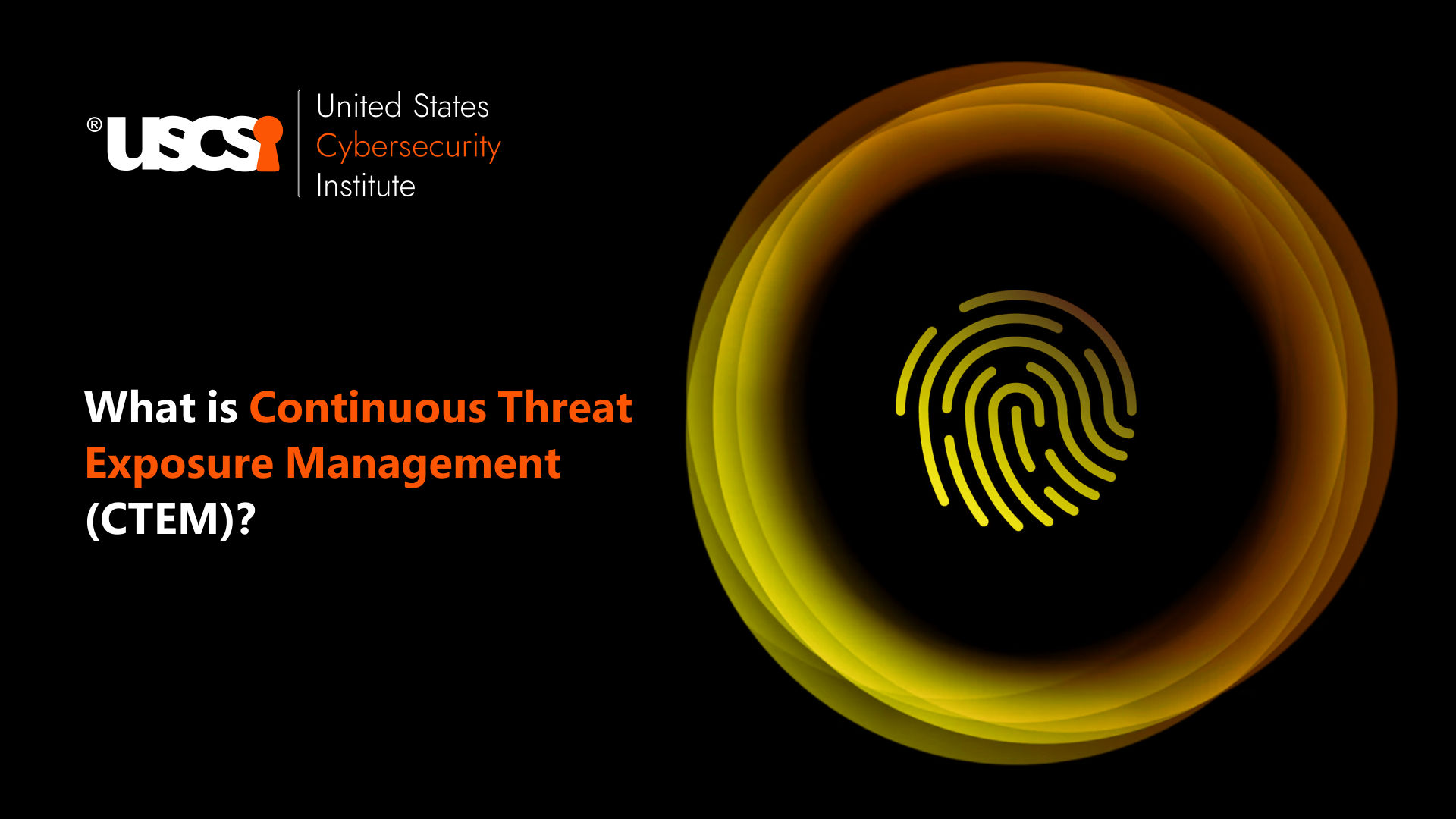

The Top Cybersecurity Trends You Should Watch Out for in 2023
All businesses, irrespective of size and function have started relying on digitized systems to manage their daily activities. With the digital revolution, organizations face more cyber threats, data theft, and security attacks.
Businesses have now made cybersecurity a major objective to secure data from any unauthorized access or attacks. The changes in technology have also paved the way for a shift in cybersecurity trends on a large scale.
In this article, let’s take a glance at the top cybersecurity trend every cybersecurity professional should look for in 2023.
Cybersecurity: The Key to Secure Businesses
The overall damage cyberattacks had created worldwide in 2022 counts to USD 6 trillion. This means a cyberattack takes place every 39 seconds.
Cybersecurity is crucial for all businesses to safeguard their data against loss and theft— these could be Personally Identifiable Information (PII), Sensitive Data, personal information, Government or business-related information, Protected Health Information (PHI), intellectual property, etc.
Expert cybersecurity professionals are high in demand; hence it is necessary to understand the dynamic cybersecurity trends to build a promising cybersecurity career.
Five Cybersecurity Trends Every CyberSecurity Professional Should Know
We live in a fast-moving world- the world of remote work, mobile platforms, and other major shifts that rely on high-speed networks and huge data sets, increasing the likelihood of a data or security breach.
In this context, as a cybersecurity professional, you must ask the following questions to yourself: “Is the organization prepared to propel digitization in the coming years”. If yes, “how well your organization can face the effects of cybersecurity breaches with the existing technology?”
To remain proactive is to keep the organization and its activities safe and healthy to avoid sudden losses or unexpected hassles. Let’s dive deep into the five cybersecurity trends of 2023 you can save for a bright cybersecurity career.
1. The Internet of Things and 5G Networks create concerns
McKinsey predicts that by 2023, the number of IoT-driven devices will reach 43 billion across the globe. We use IoT in almost everything that ranges from cars, TVs, home appliances, alarm systems, and even industrial machinery.
They don’t store sensitive data, and manufacturers don’t think about keeping them secure with any security updates or patches.
Since IoT systems don’t store information themselves, intruders find it easy to use these gateways to attack networked devices. For instance, Google Chrome, the most used browser across the world, had serious bugs.
5G networks are new to the market and need in-depth research to find out loopholes to protect the system against an external attack. Hence, manufacturers and companies need to take measures that control data breaches with sophisticated 5G hardware devices.
2. Businesses to prioritize Work-From-Home Cybersecurity
The home office setups are prone to more risks– the businesses need to ensure the devices in which the professionals manage sensitive data remain protected with adequate cybersecurity measures.
Cybersecurity has been a priority to many businesses since it safeguards many devices and data you use for remote working.
It was earlier easy for organizations to implement security technologies in company laptops or devices. However, the current era demands advanced versions of cybersecurity, for instance, the latest antivirus software and other security-enabled tools.
However, employees might experience phishing attacks when connecting unsecured devices to the network. Since more employees work remotely, the risk of falling for impersonation scams, ransomware attacks, etc. is high.
3. State-sponsored attackers will target both Business and Government
The WannaCry ransomware attack of 2017, targeted the systems running on MS Windows OS– the attackers encrypted the files and demanded ransom payments to decrypt them in return. It was believed that the North Korea Government had executed this, targeting businesses worldwide.
A recent survey by CSO Forum states, at least 80% of respondents are worried that their organizations would become victims of nation-state cyber-attacks.
In 2023, over 70 countries await Governmental elections, which is a frequent target of unfriendly foreign interests. This involves efforts to influence the results that turn in favor of parties that benefit the foreign government.
There is always a conflict between eastern and western powers to conquer power. States that employ hackers to destroy other entities through militaries and the Government, and offer indirect funds for the attack.
4.Artificial Intelligence Will Play an integral role in Cybersecurity
About 95% of cybersecurity breaches occur as a result of human error, says the World Economic Forum. As the number of cybersecurity incidents has risen rapidly, it has made the cybersecurity experts difficult to respond and predict where these attacks might take them.
Machine Learning algorithms can analyze a huge amount of data that moves across networks far more efficiently compared to humans. IBM says that the companies that use automation and AI detect and respond to data breaches, making profits of more than USD 3 million compared to the others.
AI algorithms can detect systems with weak security, block user accounts with behavioral changes, and prevent phishing attacks. AI methods like Natural Language Processing (NLP) help to track employee emails in the company account and know if there exist any patterns or phrases that detect phishing attempts. This is crucial since 1 of every 99 emails could be a phishing attempt.
5. More security-aware organizations will get shaped
Perhaps the most crucial step that an organization can take is to make sure it spreads awareness about cybersecurity concerns. No employee should think cybersecurity is confined to the IT department to take care of.
By 2023, cybersecurity awareness should be a part of the resume of Cybersecurity job aspirants since these skills play a key role in taking precautions instead of falling victim. Basic cybersecurity skills like understanding 2FA (two-factor authentication) and the use of passwords will be encouraged across organizations as a business security strategy.
Organizations taking cybersecurity awareness as a core aspect of business strategy can build resilience and prepare against cyber threats in the future.
Wrap Up
Millions of organizations move forward to protecting their digital assets by applying advanced technologies in cybersecurity. If you aspire to learn cybersecurity and establish a Cybersecurity career, then make it a part of your learning curriculum today.
The Cybersecurity certifications from the best certification course provider can help you to land as one of the top-paid professionals in the IT field. With Cybersecurity certifications, you can adopt strategies to protect the infrastructure, ensure data security, execute risk mitigation policies, implement cloud-based security, and adhere to compliance requirements.

